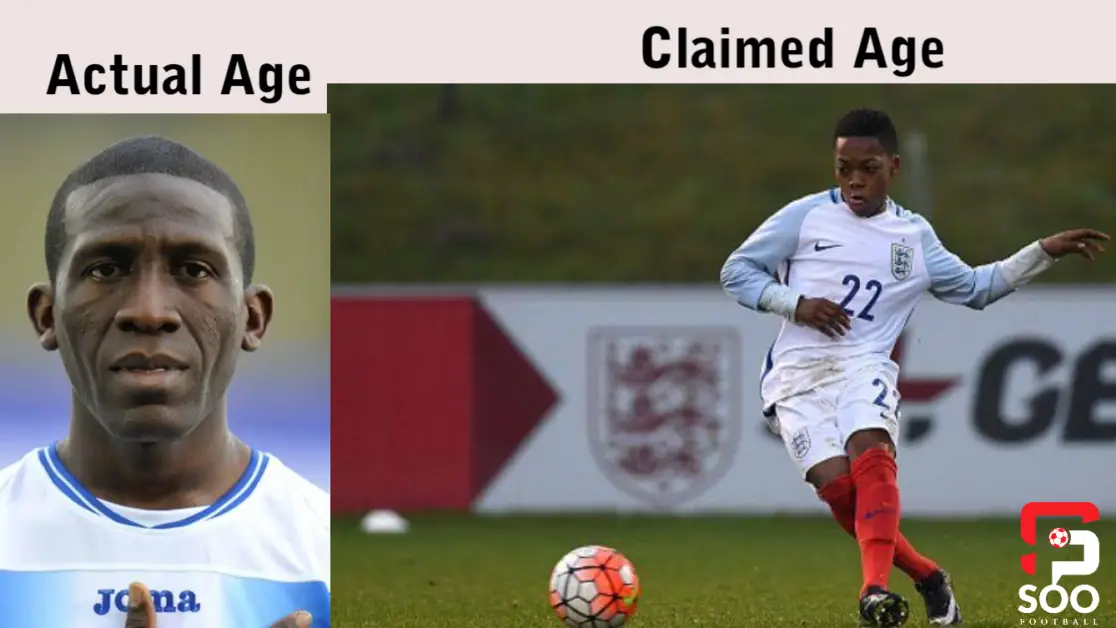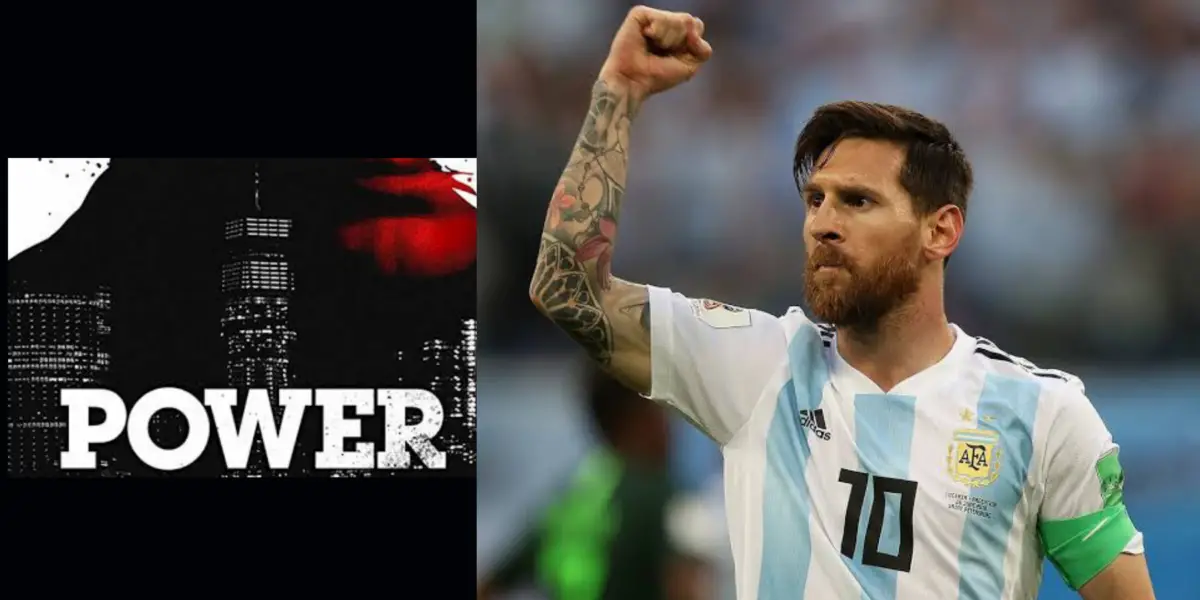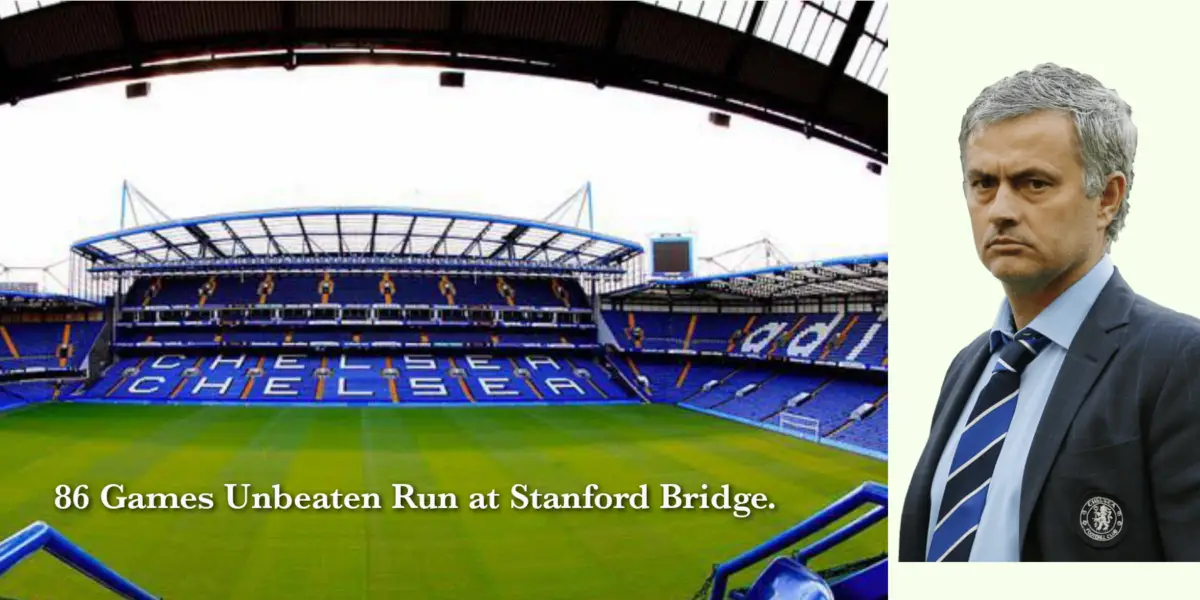Age fraud simply means age fabrication or the use of false documentation concerning one’s age to gain an advantage over opponents.
“We use over-age players for junior championships, I know that. Why not say it? It’s the truth. We always cheat. It’s a fact.”
— Anthony Kojo Williams, NFF Chairman, from 1999—2000 to BBC in 2010.
The Federation Of International Football Association (FIFA) said in their October Issue of FIFA World, their magazine in 2009 said, “in the past, overage players have been wrongly entered into various youth competitions, often benefitting from an unfair advantage due to their greater physical maturity compared to players of the proper age”.
This shows that age fraud has been a part of the Round leather game, with youth tournaments being the places where this fraud is perpetrated.
And in fact, Age fraud is one of the 5 mistakes that aspiring African footballers make.
Age Fraud In African Football
Age fraud in football has been uncovered in all continents of the world, including Europe.
However, age fraud appears to be most common in African football, and mostly done by African footballers.
Nigeria’s youth national teams, for instance, were banned by FIFA for fielding over-age players in FIFA-organized youth tournaments.
Three players who participated in the 1988 Olympics were found to have used different dates of birth in previous tournaments.
Nigeria lost its right to host the 1991 FIFA World Youth Championship, the ban also lasted two years.
This shows that age fraud has been around African football for a very long time and has become a tradition.
For ages past, we have seen and continue to see African footballers who look nothing like the age they claim. Physical looks however can be deceiving at times.
In almost every age-specified football tournament in Africa, we continue to hear reports of age fraud.
We also continue to hear reports of age fraud by African teams participating in intercontinental age-specified tournaments.
In 2008 for example, South African journalist Thomas Kwenaite revealed “age-cheats” who represented South Africa in an under-15 age group tournament hosted in France.
The captain of the team that represented South Africa in that tournament was said to be a 24-year-old, who was a third-year University student. A 24-year-old in a tournament of under-15-year-olds!
Anthony Kojo Williams, who was head of the Nigerian Football Federation in late 1999, told BBC in 2010 that it’s true that the ages of players in junior championships are falsified.
“I know that “, he said, “why not say it? It’s the truth. We always cheat.”
From the players to football associations and even agents, the rot has eaten deep.
Why Is It So Common in Africa?
In some cases, it is not deliberately done. In many countries, records are not properly documented. As a result of this, many players do not actually know their dates of birth.
So, they make an estimated guess of their ages in official documents.
But in most cases, the ages of players are falsified so they can be on the safer side of European scouts.
For instance, a 23-year old picked from Africa to European football would need time to develop and adapt. This may take years, by then, he would be approaching 30, which is the declining age for most footballers.
No club would want to take such a player even though talented because of his age. So, if he reduces his age by five or six years, he would be on the safer side.
The adverse effects of age fraud on African football
Age fraud has affected our football adversely in Africa.
The fact that almost every age-specified tournament in Africa has been infiltrated by “age-cheats” shows that our age-specified tournaments are not credible.
If a 21-year old, for instance, competes in an Under-17 tournament, that means it is of no use for a 16-year old competing in such a tournament.
If our age-specified tournaments are not credible, then our football associations are not credible, and our footballers and agents are not credible. It takes a toll on the whole of the game in Africa.
It’s no wonder that our stars in Europe have had several issues with the credibility of their ages.
David Moyes, during his spell as Everton manager in 2009, referred to Yakubu Ayegbeni as a “Nigerian 25-year old”. Such blatant disrespect.
Samuel Eto’o, one of the most decorated African player, in 2014 had a face-off with his manager Jose Mourinho when he was playing for Chelsea. Jose Mourinho had allegedly questioned Eto’o’s age in a private conversation.
The Portuguese tactician was reported to have said, ” I have one (Eto’o), but he is 32. Maybe 35, “who knows?”
Apart from the fact that age fraud has affected African football’s credibility, it puts a psychological strain on players.
A player who has fixed his age goes about claiming an age that isn’t his. This double lifestyle may put strains on the mind of players.
How can Age Fraud be Reduced?
The best way age falsification can be reduced to its barest minimum is to develop African football. With our football leagues ranked low, players will always be ambitious to move to better leagues, which mainly are European leagues.
If we develop our indigenous leagues, the menace of age fraud will reduce drastically.
Stakeholders in African football cannot pretend to look away at this point, something has to be done about it.
If you enjoyed this piece, you may also like to find out the Football impact of Russia vs Ukraine war, difference between Striker and Forward, or the overrated Strikers in football.
Further Reading:
- 5 Reasons Why African Teams Fail At The World Cup
- Who is The Most Decorated African Footballer Ever?
- Detailed: Best Football Academies in Africa
- Great African Footballers that Never Won AFCON
- Who Are AFCON Top Scorers of All Time?
- Who are the Best African Wingers of All Time?
- Eto vs Drogba vs Yaya Toure Stats: Who The Best?





